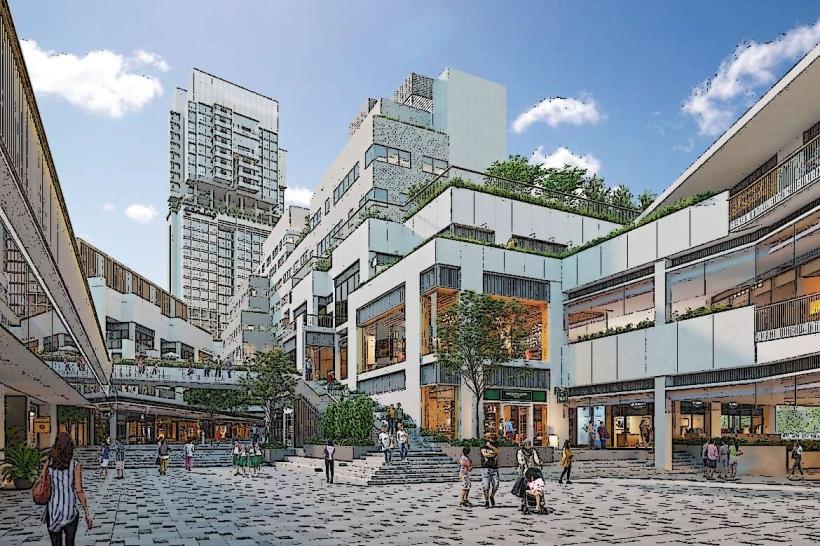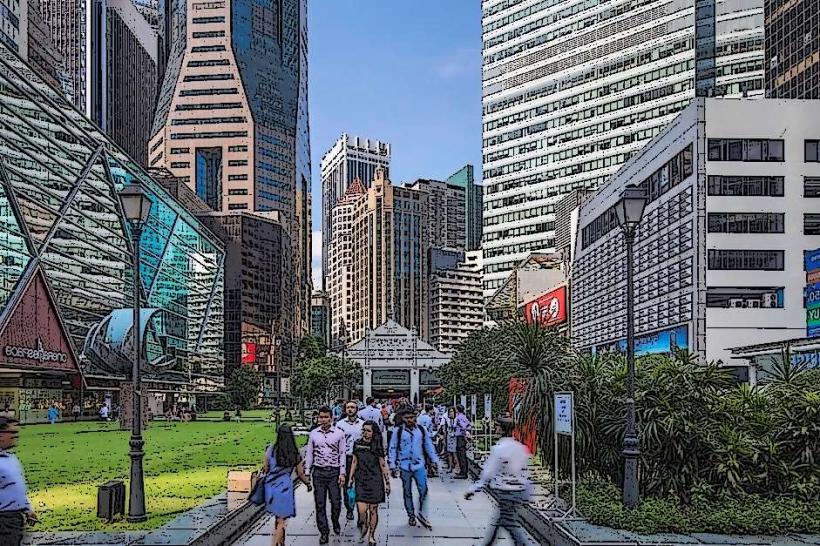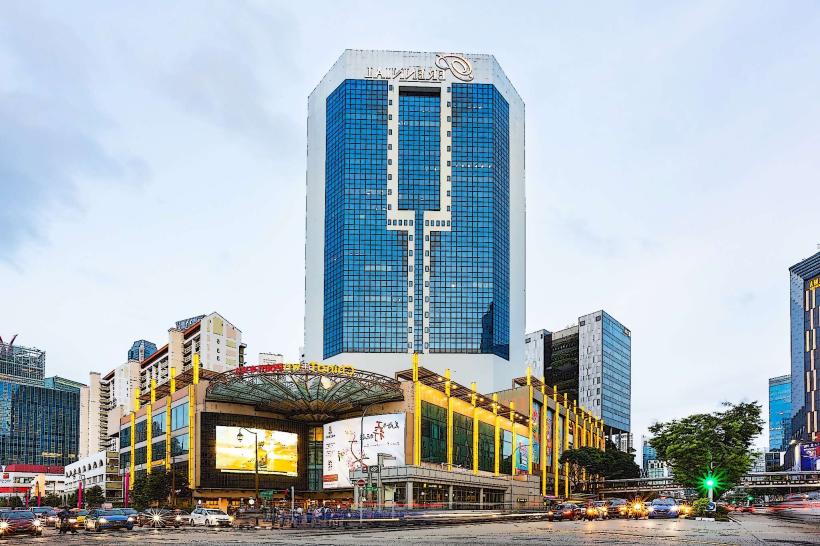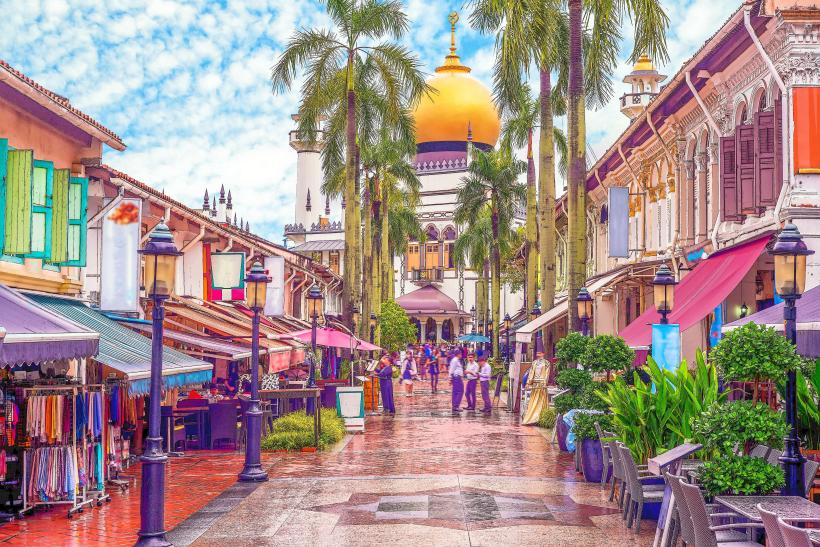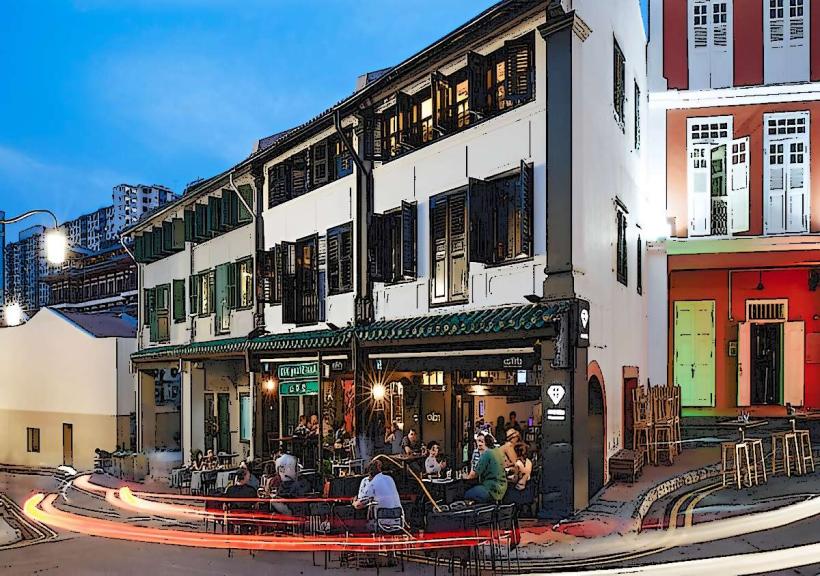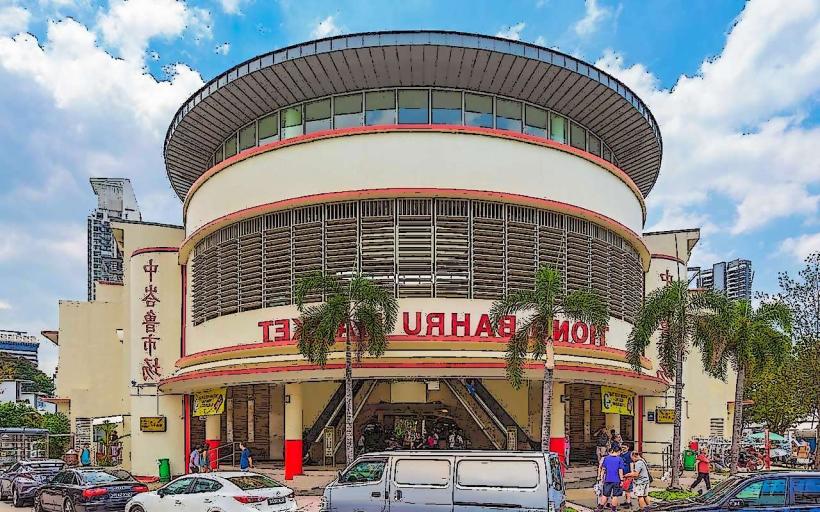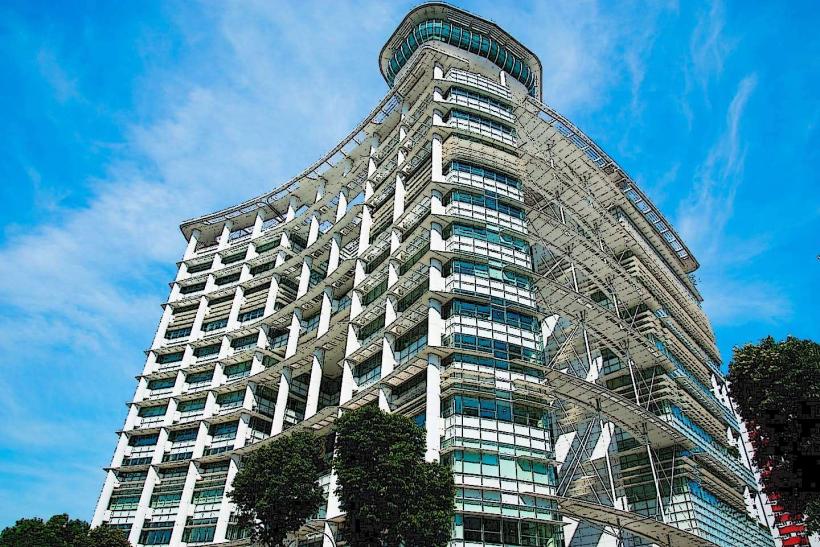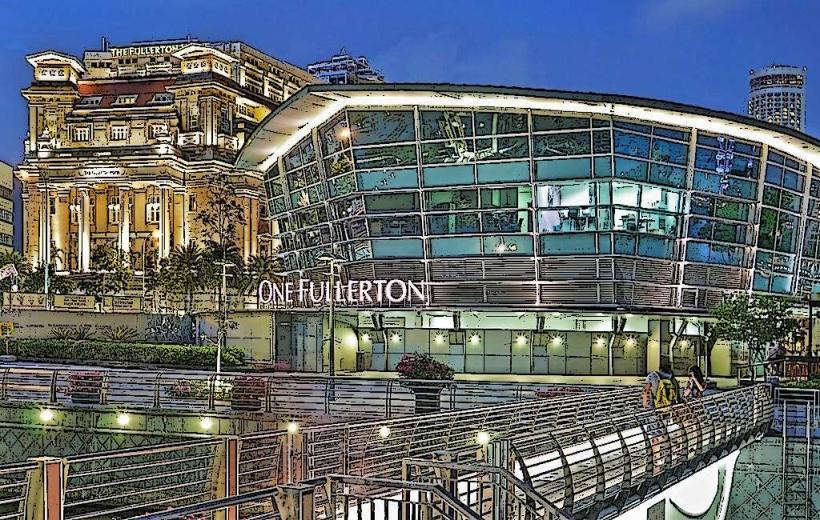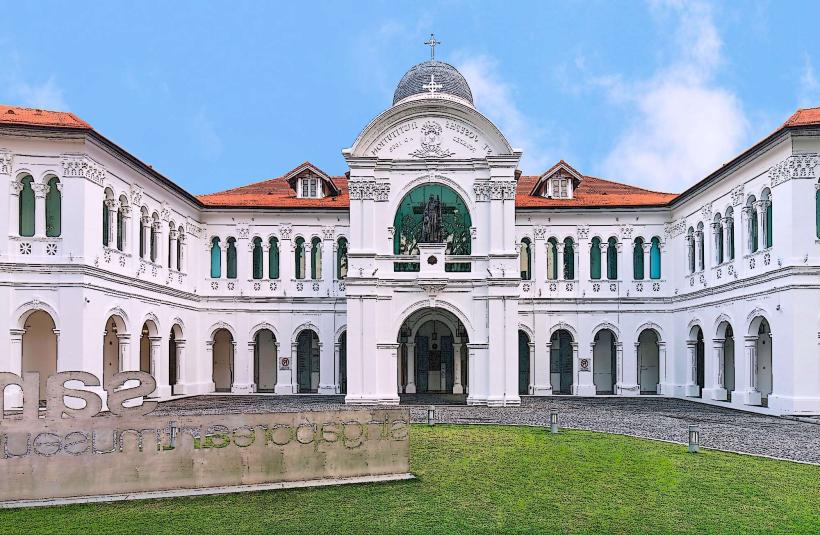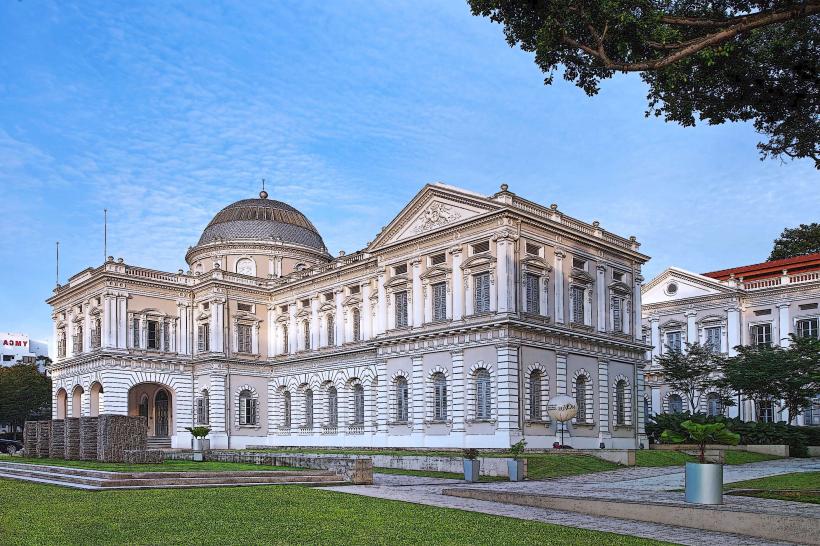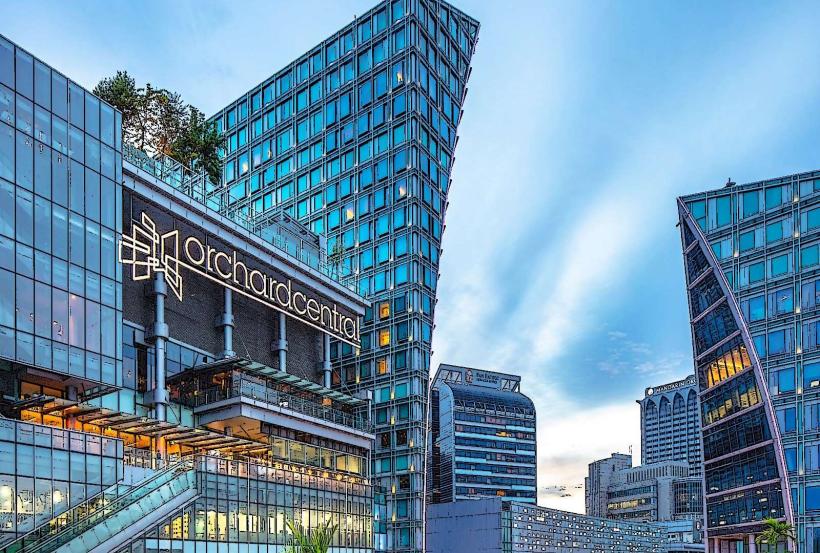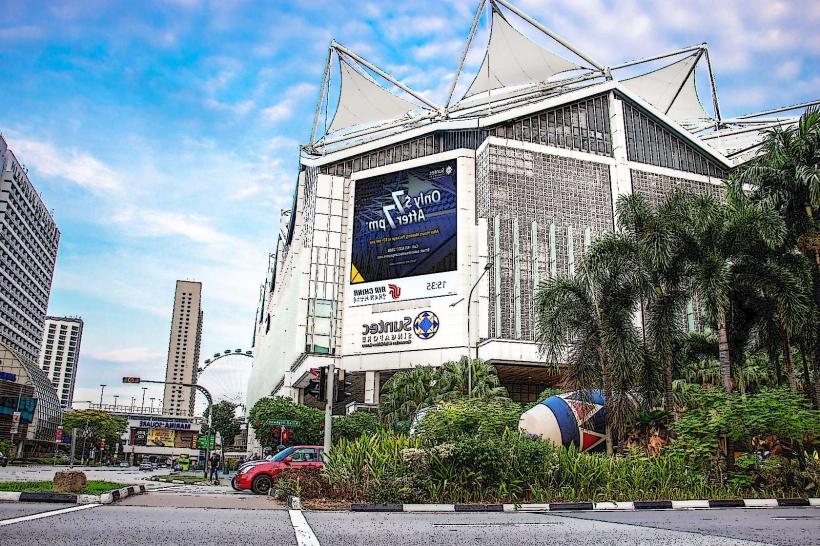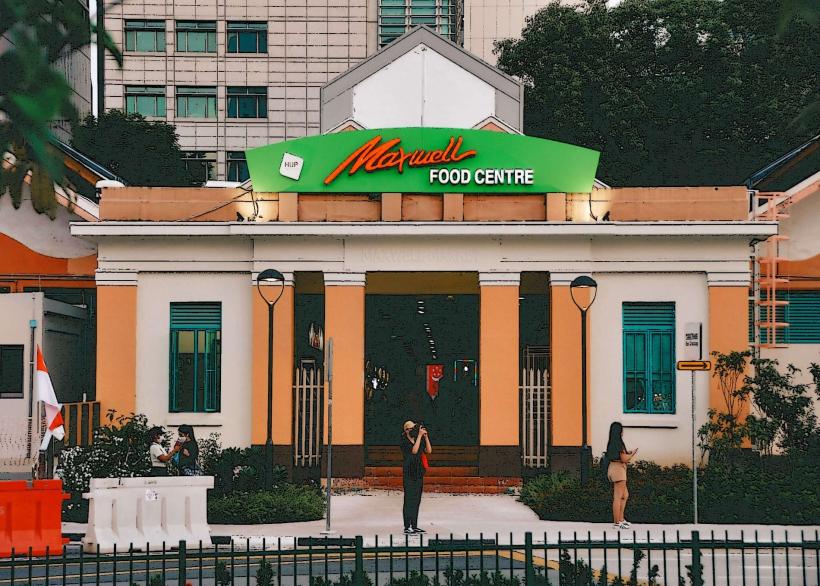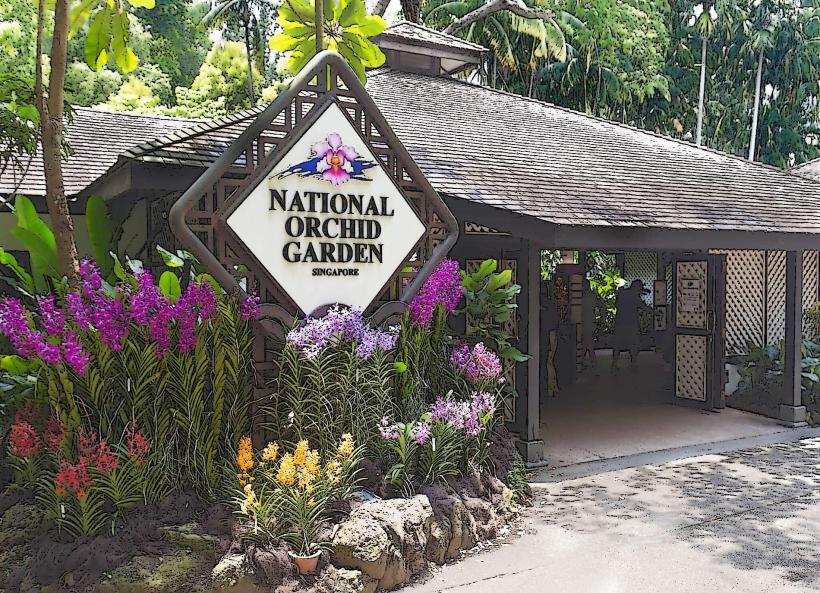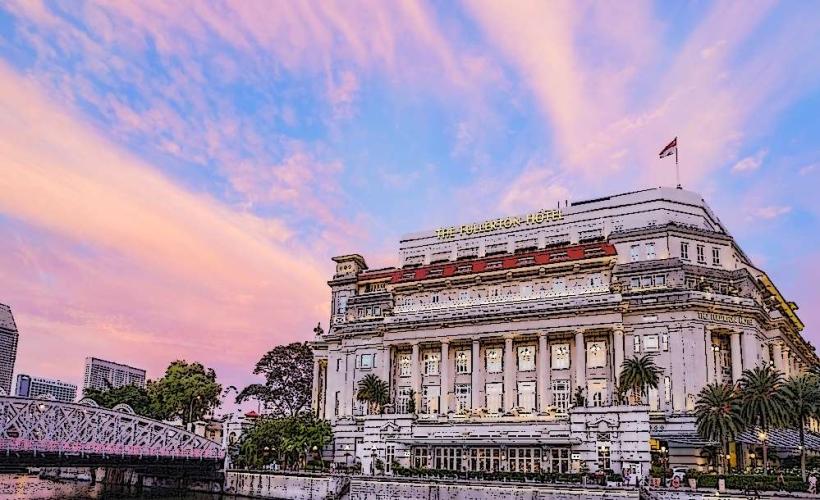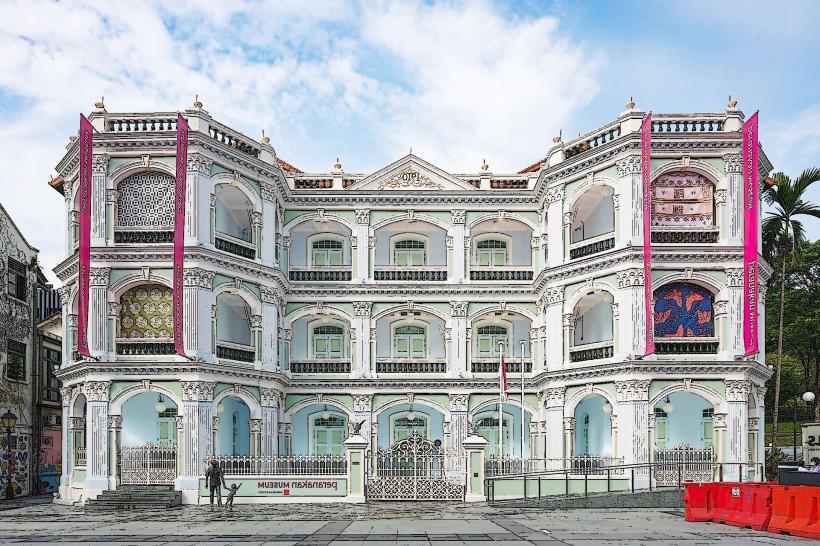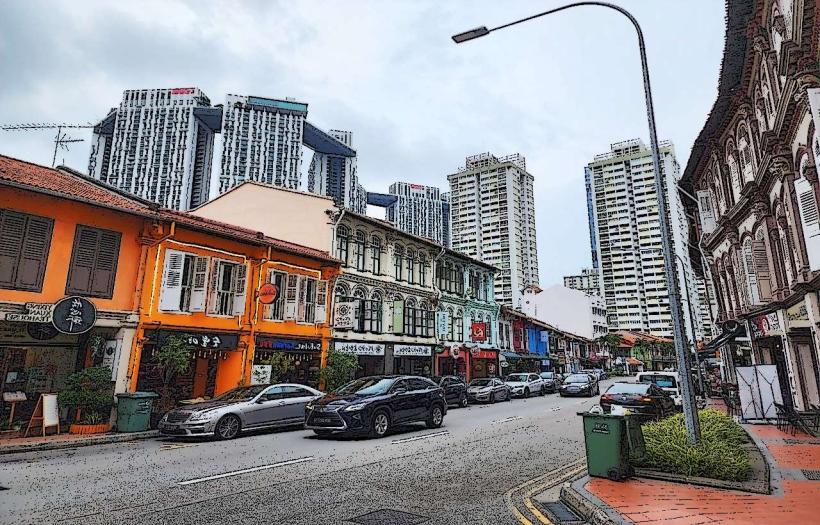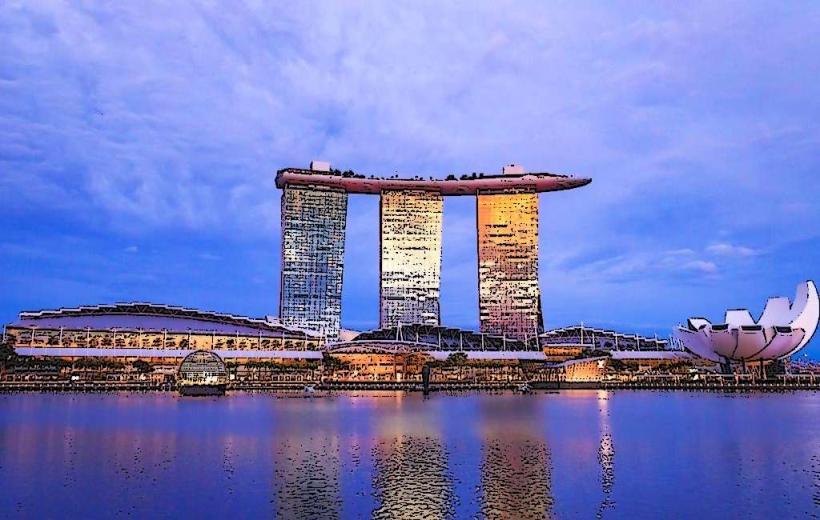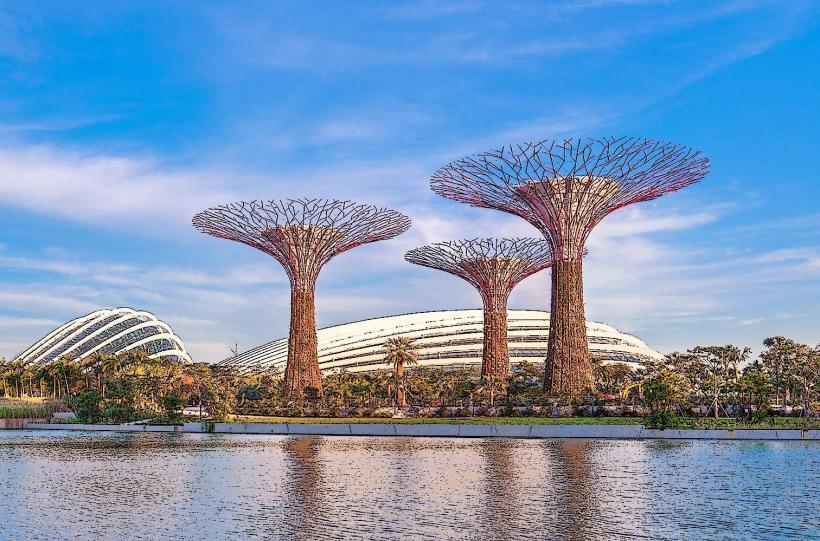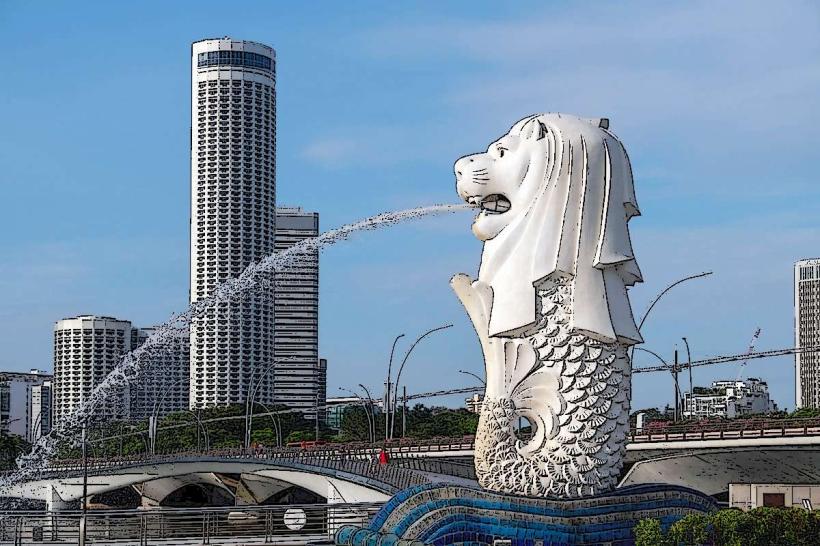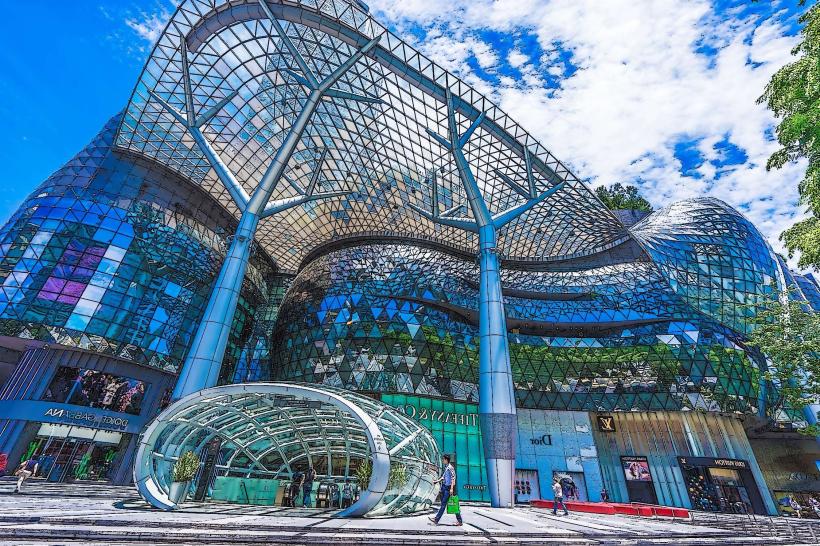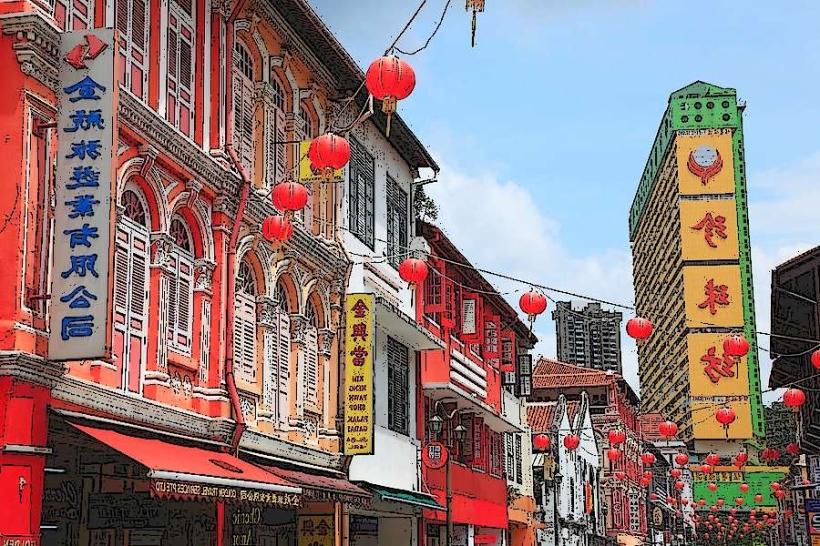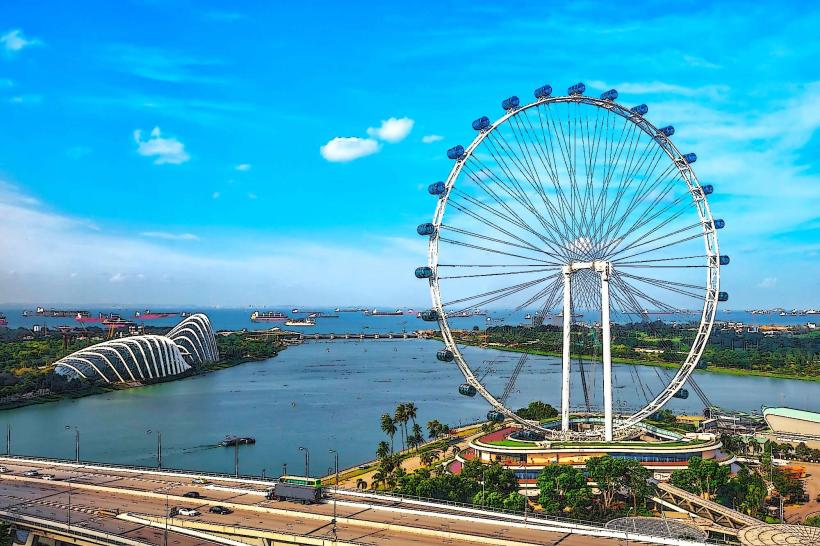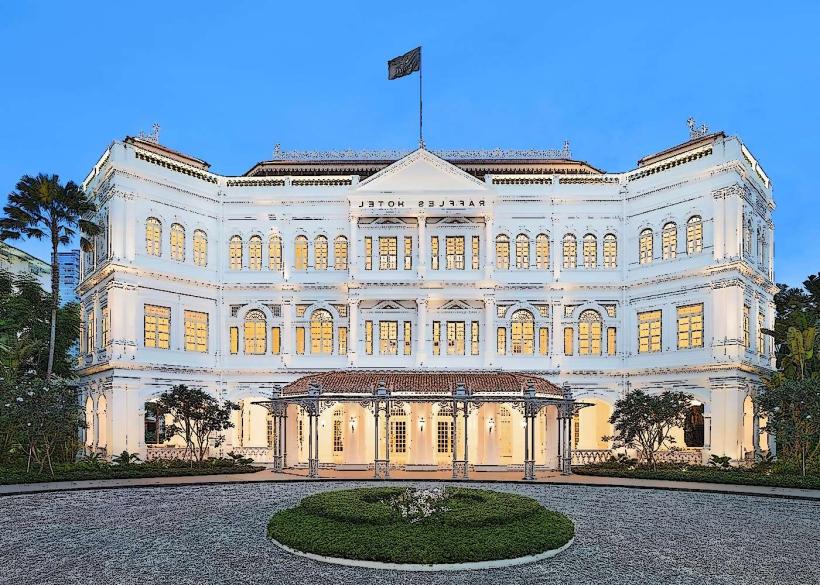Information
Landmark: Fort SilosoCity: Central Region
Country: Singapore
Continent: Asia
Fort Siloso, Central Region, Singapore, Asia
Fort Siloso is a historical fortification located on Sentosa Island in Singapore's Central Region.
This site preserves Singapore's coastal defense history and offers insights into its military past.
Visual Characteristics
Fort Siloso is constructed primarily from reinforced concrete and laterite brick. The structures are low-lying, designed to blend with the terrain. The color palette consists of muted grays and browns, typical of military installations. Architectural elements reflect early 20th-century military design, including emplacements for artillery and defensive walls.
Location & Access Logistics
Fort Siloso is situated at the western tip of Sentosa Island. Access is via Sentosa Gateway, then following signs for Fort Siloso. From Singapore's city center, it is approximately a 20-minute drive. Parking is available at the Fort Siloso Carpark. Public transport options include the Sentosa Express monorail to Beach Station, followed by a 15-minute walk or the Sentosa Bus A/B to the Fort Siloso bus stop.
Historical & Ecological Origin
Construction of Fort Siloso began in 1878 and was completed in 1886, with significant expansions occurring in the early 20th century. It was built by the British colonial government to defend Singapore's harbor. The fort is situated on a natural rocky outcrop overlooking the sea.
Key Highlights & Activities
Visitors can explore the preserved gun emplacements and tunnels. The Surrender Chamber details the Japanese surrender in 1945. Interactive exhibits provide information on the fort's history. Walking trails allow exploration of the surrounding vegetation.
Infrastructure & Amenities
Restrooms are available on-site. Shaded areas are provided within the fort's structures. Cell phone signal (4G/5G) is generally available. Food and beverage options are not directly within the fort but are available at nearby Sentosa attractions.
Best Time to Visit
The best time of day for photography is in the late afternoon when the light is softer. The best months for weather are generally between February and April, avoiding the heaviest monsoon periods. No specific tide requirements affect access.
Facts & Legends
During World War II, Fort Siloso was one of the few locations in Singapore not captured by the Japanese. It served as a prisoner-of-war camp for Allied soldiers. A unique tip for visitors is to look for the original British military crests carved into some of the older stone structures.
Nearby Landmarks
- Siloso Beach (0.3km East)
- Skyline Luge Sentosa (1.2km Northeast)
- Universal Studios Singapore (2.5km Northeast)
- S.E.A. Aquarium (2.8km Northeast)
- Palawan Beach (1.5km Southeast)

